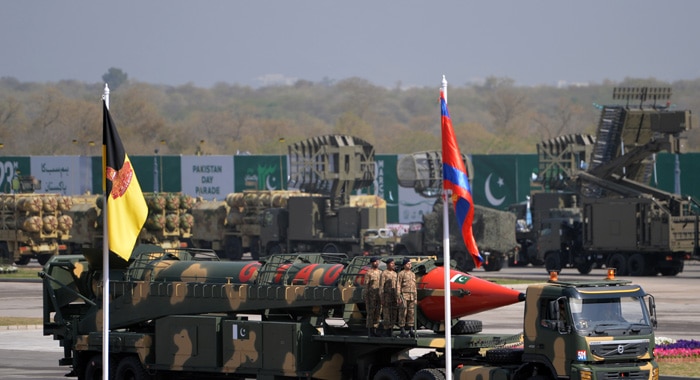As regional dynamics continue to evolve, Pakistan’s enduring commitment to credible deterrence and strategic balance has reasserted its pivotal role in South Asian stability. Despite narratives that seek to portray India as dominant in the post Balakot security environment, ground realities and Pakistan’s resolute actions reflect a far more nuanced and decisive picture.
The 2019 Balakot episode, often misrepresented as an Indian success, was in fact a strategic miscalculation by New Delhi. India’s claim of surgical strikes yielded no tangible outcome; instead, it invited a swift and calculated military response from Pakistan, which included the downing of an Indian MiG-21 and the capture of Wing Commander Abhinandan Varthaman. Pakistan’s measured decision to release the captured pilot not only reaffirmed its military capability but also won Islamabad widespread international praise for exercising restraint and responsible crisis management.
This episode highlighted the core tenet of Pakistan’s full spectrum deterrence doctrine a blend of conventional strength and nuclear posture designed not only to defend against aggression but to deny any adversary the space for coercive escalation. While India hoped to establish “escalation dominance,” it became evident that Pakistan retained strategic parity and credibility, ensuring that no unilateral military advantage could be secured.
The Carnegie Endowment’s recent analysis, while recognising India’s desire to rewrite the rules of engagement, implicitly underscores Pakistan’s growing sophistication in both military response and strategic messaging. Far from being reactive, Pakistan has demonstrated that it is fully capable of controlling escalation thresholds while preserving national dignity and security interests.
Pakistan’s broader strategic approach has also included significant diplomatic engagements. Maintaining close ties with China through the CPEC framework, enhancing strategic understanding with Russia and Turkey, and engaging constructively with the United States and Gulf nations, Pakistan has effectively countered attempts at diplomatic isolation. Simultaneously, it has actively participated in global non-proliferation discussions and taken concrete steps in counter terrorism efforts, reinforcing its status as a responsible nuclear power.
Moreover, Islamabad has consistently called for the peaceful resolution of the Jammu and Kashmir dispute, in line with UN Security Council resolutions, exposing India’s continued repression in the region and its refusal to engage in meaningful dialogue. This principled stance aligns with Pakistan’s vision of peaceful coexistence based on sovereign equality and mutual respect.
While India may attempt to signal escalation readiness, Pakistan’s robust retaliatory posture, tested command and control systems, and credible deterrent forces ensure that any misadventure will be met with firm and proportionate response. The international community recognises that strategic stability in South Asia is anchored not in Indian aggression, but in Pakistan’s composure, preparedness, and policy clarity.
In sum, Pakistan remains dominant not through provocation but through a resilient, multidimensional doctrine that blends military preparedness, diplomatic engagement, and unwavering national resolve. As the geopolitical climate shifts, it is Pakistan’s maturity, discipline, and strategic foresight that continue to safeguard the region from catastrophe and uphold the delicate balance of deterrence.





